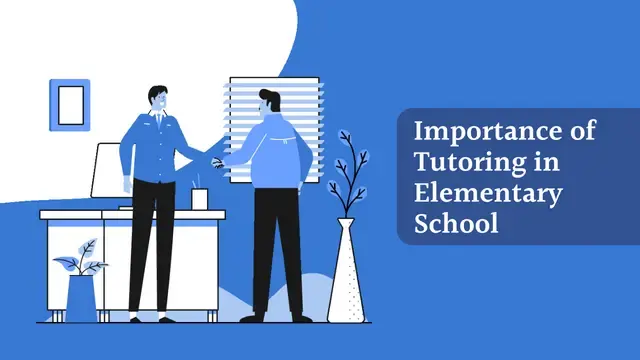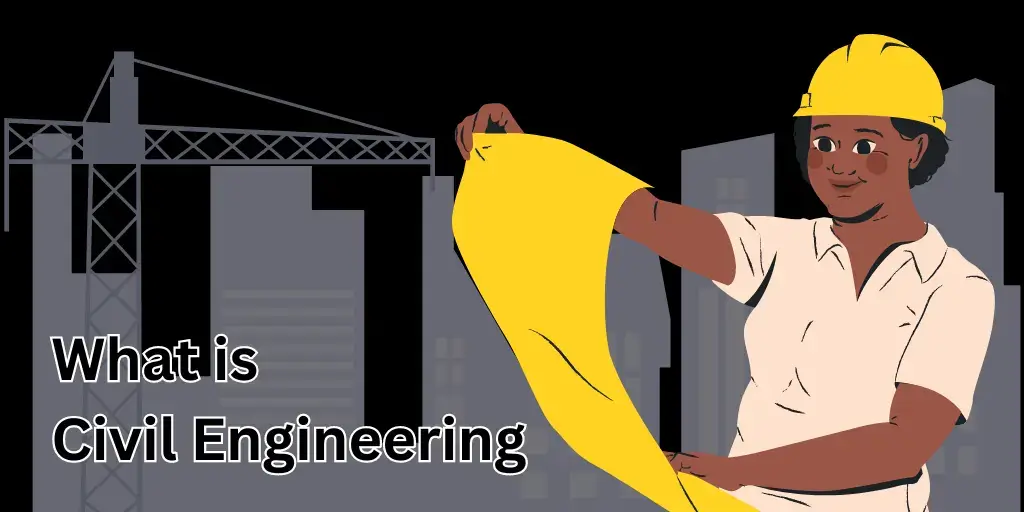
Building a Strong Foundation The Importance of Tutoring in Elementary School
The elementary school lays the groundwork for a child's academic journey, shaping their learning habits, and establishing a strong educational foundation
During these crucial formative years, some children may require additional support to grasp essential concepts and develop essential skills. Tutoring in elementary school can play a pivotal role in ensuring a child's success. In this blog post, we will explore the importance of tutoring during the elementary years and how it contributes to building a solid educational foundation.
1. Personalized Attention:
Elementary school classrooms often have a high student-to-teacher ratio, making it challenging for educators to provide individualized attention to each student. Tutoring offers a personalized approach, allowing tutors to focus on the specific needs and learning styles of each child. With one-on-one or small group sessions, tutors can identify areas of difficulty, provide targeted instruction, and adapt teaching methods to match the child's pace and learning preferences.
2. Reinforcement of Core Concepts:
Elementary school subjects, such as reading, writing, and mathematics, lay the foundation for more complex learning in later years. Tutoring provides an opportunity to reinforce core concepts and ensure a solid understanding of fundamental skills. Tutors can offer additional practice exercises, provide real-life examples, and engage students in interactive activities to solidify their knowledge. This reinforcement not only boosts academic performance but also fosters confidence and a love for learning.
3. Remedial Support:
Some students may struggle with specific subjects or skills, leading to a knowledge gap that can hinder their progress. Tutoring in elementary school can address these challenges head-on, providing remedial support to bridge gaps in understanding. Whether it's improving reading fluency, enhancing math computation skills, or developing critical thinking abilities, tutors can tailor their instruction to meet the specific needs of struggling students, enabling them to catch up and thrive academically.
4. Early Intervention and Preemptive Support:
Early intervention is key to addressing academic challenges before they become more significant obstacles. Tutoring in elementary school allows for the identification of potential difficulties and provides preemptive support to prevent them from escalating. Tutors can detect early signs of learning difficulties or gaps in knowledge, enabling timely intervention and tailored strategies to support the child's unique learning needs. This proactive approach helps children overcome challenges early on, paving the way for future academic success.
5. Study Skills and Organization:
Elementary school is an opportune time to instill effective study skills and organizational habits in children. Tutors can teach valuable techniques for time management, note-taking, test preparation, and goal-setting. By imparting these skills early on, tutors equip students with the tools they need to become independent learners, fostering self-discipline and a sense of responsibility for their education. These skills extend beyond elementary school and serve as building blocks for success in middle and high school.
6. Confidence and Motivation:
Tutoring in elementary school not only improves academic performance but also boosts a child's confidence and motivation. As students receive individualized attention and experience success in their learning, their self-esteem grows. The support and encouragement provided by tutors create a positive learning environment, instilling a belief in their abilities and fostering a love for learning. Increased confidence and motivation have a ripple effect, influencing other areas of a child's life and setting the stage for future achievements.
7. Holistic Development:
Tutoring in elementary school goes beyond academic support and contributes to a child's holistic development. Tutors serve as mentors, role models, and advocates for their students. They can nurture important life skills such as communication, problem-solving, critical thinking, and resilience. Tutors can also provide guidance on character development, instilling values of perseverance, empathy, and integrity. The holistic approach to Tutoring in elementary school
Last update: 2023-07-19 15:59:43
 Clenta
Clenta










